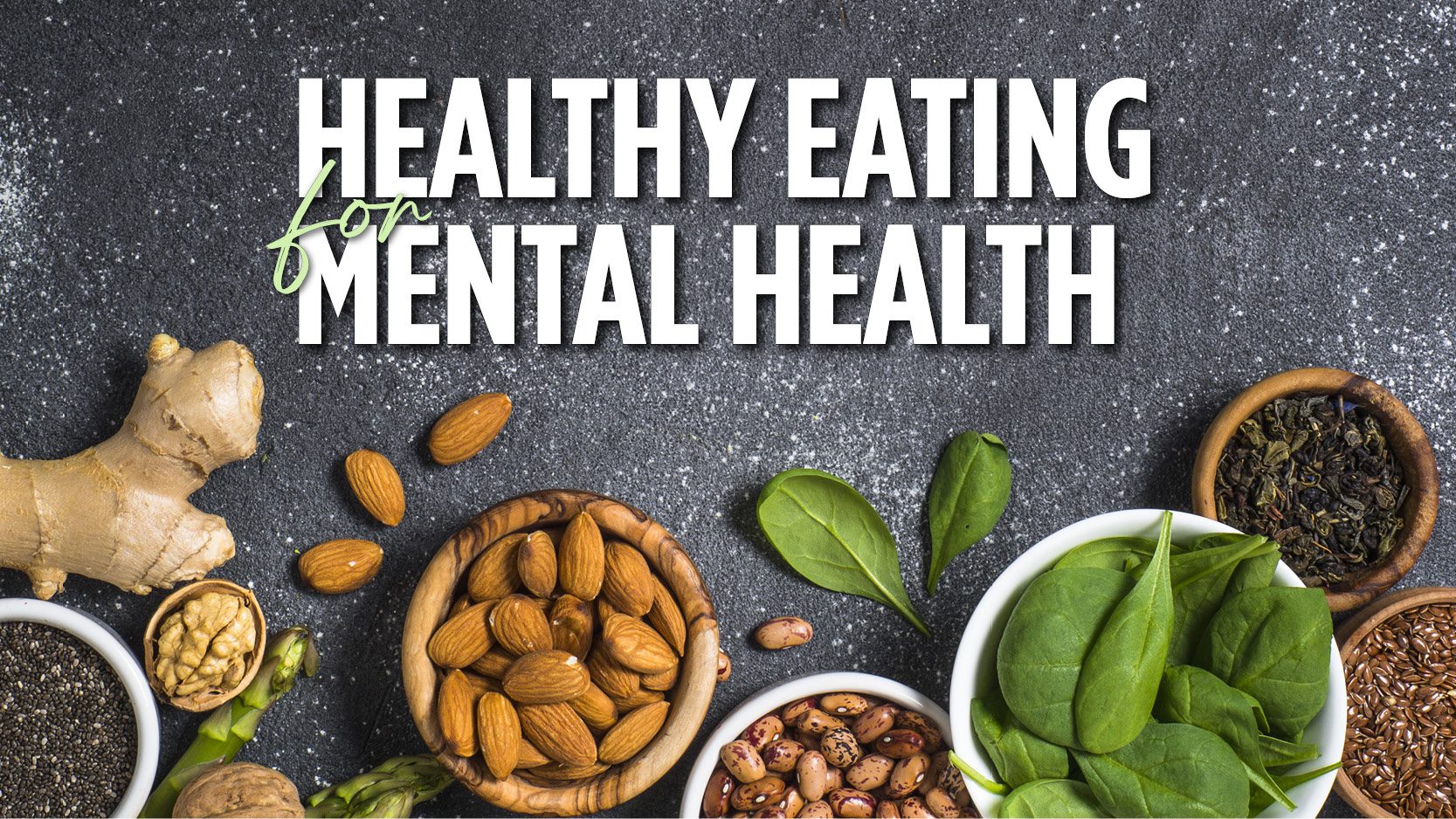The Best 5 Foods and Vitamins for Mental Health

5 Foods for Mental Health
Add plant-based foods and healthful foods that naturally have probiotic or anti-inflammatory characteristics to your diet to help balance your mental health. Here are a few illustrations.
1. Fermented foods
You may not consider kimchi, sauerkraut, or pickles to be essential items in your diet, but if you suffer from a mental illness, it’s time to reconsider. “Fermented meals may benefit your mental health by improving your gut microbiota,” explains Amanda Sauceda, a licenced dietitian and nutritionist. “There’s growing evidence that fermented foods, through their impact on the gut flora, can aid with sadness and anxiety.”
However, the research is still in its early stages. Men self-reported reduced depression symptoms after taking probiotics from fermented foods, according to a 2019 study published in Nutrition, whereas female participants showed no difference. If you have high blood pressure or are prone to ankle swelling, keep an eye on the salt level of fermented foods.
2. Dark, leafy greens
Veggies are not only good for your physical health, but they can also help with your mental wellness. They nourish your gut microbiota and produce short-chain fatty acids, which may aid communication between the gut and the brain.
However, one sort of food in particular, dark, leafy greens, is a mental health hero. “They’re high in folate, and low folate levels are linked to depression,” Dr. Naidoo explains. Folate is so vital for mental health that supplementation is occasionally prescribed for people suffering from serious depression.
3. Omega-3 fatty acids
One of the beneficial fats, this fatty acid is found in fish, nuts, seeds, and several types of oils. However, because your body cannot generate it, it is an essential component of any nutritious diet. Sauceda claims that omega-3s can aid with mood, despair, and anxiety, citing a review published in 2020 that emphasised the relevance of marine omega-3s (fatty acids found in oily fish) for brain function.
4. Garlic
Increase your consumption of garlic, leeks, and onions, and your breath may stink a little, but your brain will thank you! Foods in the allium family, according to Dr. Naidoo, are high in prebiotics, which provide fibre and nourishment to your gut bacteria. Allium flavanols have anti-inflammatory actions that can help prevent cardiovascular disease, diabetes, and other neurological diseases, according to a study published in Antioxidants in 2020.
5. Turmeric
Dr. Naidoo also claims that many spices, particularly turmeric, can help with mood and anxiety. Curcumin, the main ingredient in turmeric, has anti-inflammatory properties that may benefit the brain and reduce depression and anxiety symptoms.
If you want to increase the amount of turmeric in your diet, Dr. Naidoo suggests mixing it with a pinch of black pepper, which makes the curcumin more bioavailable (able to be absorbed and utilised by your body).
Vitamins for mental health
For the most part, you don’t need any vitamins or supplements to improve your mental health; getting your nutrients through diet is always the best option.
Supplement some of the more crucial nutrients you’re missing if a balanced diet isn’t possible. B vitamins are particularly beneficial for gut health and mood improvement, according to Dr. Naidoo. Also, don’t forget to get enough vitamin C and D. They can help your immune system by strengthening your gut.
Omega-3s are important for mental health, but if you don’t like fish, Sauceda suggests taking an omega-3 supplement. She also recommends taking a prebiotic or probiotic to assist your gut microbiota, but cautions that you should discuss this with your doctor because different strains of helpful bacteria function in different ways.




